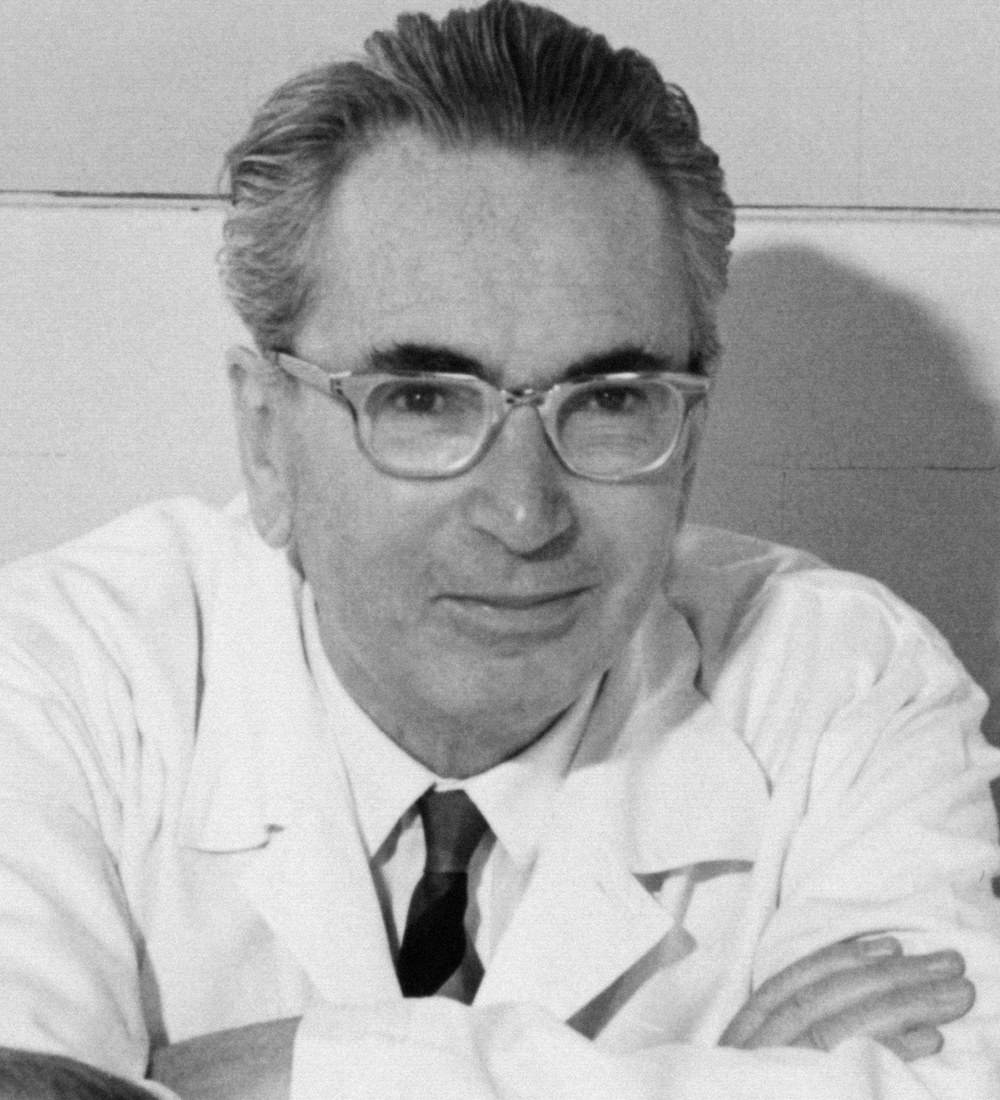Źródło: Człowiek w poszukiwaniu sensu
Viktor Frankl słynne cytaty
Źródło: Frances Wilks, Inteligentne emocje, s. 244.
Viktor Frankl: Cytaty po angielsku
“To suffer unecessarily is masochistic rather than heroic.”
Wariant: To Suffer unnecessarily is masochistic rather than heroic.
Źródło: Man's Search for Meaning
“Fear makes come true that which one is afraid of.”
Źródło: Man's Search for Meaning
Źródło: Man's Search for Meaning (1946; 1959; 1984), p. 67 in the 1959 Beacon Press edition
“The truth-that love is the highest goal to which man can aspire.”
Źródło: Man's Search for Meaning
Źródło: Man's Search for Ultimate Meaning
Źródło: Man's Search For Meaning: The classic tribute to hope from the Holocaust
Źródło: Man's Search for Meaning (1946; 1959; 1984), p. 126 in the 1984 Pocket Books edition
“You may of course ask whether we really need to refer to "saints."”
Postscript 1984 : The Case for a Tragic Optimism, based on a lecture at the Third World Congress of Logotherapy, Regensburg University (19 June 1983)
Man's Search for Meaning (1946; 1959; 1984)
Kontekst: You may of course ask whether we really need to refer to "saints." Wouldn't it suffice just to refer to decent people? It is true that they form a minority. More than that, they always will remain a minority. And yet I see therein the very challenge to join the minority. For the world is in a bad state, but everything will become still worse unless each of us does his best.
So, let us be alert — alert in a twofold sense:
Since Auschwitz we know what man is capable of.
And since Hiroshima we know what is at stake.
Man's Search for Ultimate Meaning (1997)
Kontekst: It is true, Logotherapy, deals with the Logos; it deals with Meaning. Specifically I see Logotherapy in helping others to see meaning in life. But we cannot “give” meaning to the life of others. And if this is true of meaning per se, how much does it hold for Ultimate Meaning?
“There are things which must cause you to lose your reason or you have none to lose”
Źródło: Man's Search for Meaning
“Since Auschwitz we know what man is capable of.
And since Hiroshima we know what is at stake.”
Postscript 1984 : The Case for a Tragic Optimism, based on a lecture at the Third World Congress of Logotherapy, Regensburg University (19 June 1983)
Wariant: So, let us be alert in a twofold sense: Since Auschwitz we know what man is capable of. And since Hiroshima we know what is at stake.
Źródło: Man's Search for Meaning (1946; 1959; 1984)
Kontekst: You may of course ask whether we really need to refer to "saints." Wouldn't it suffice just to refer to decent people? It is true that they form a minority. More than that, they always will remain a minority. And yet I see therein the very challenge to join the minority. For the world is in a bad state, but everything will become still worse unless each of us does his best.
So, let us be alert — alert in a twofold sense:
Since Auschwitz we know what man is capable of.
And since Hiroshima we know what is at stake.
